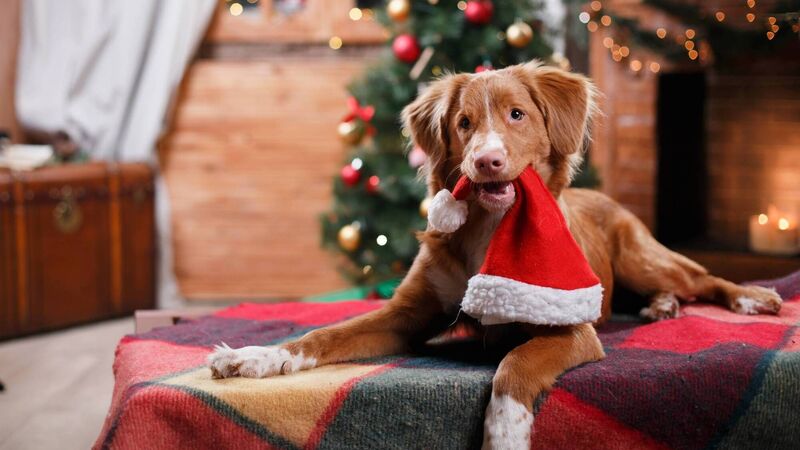How to keep our pets safe and happy this Christmas

Dogs and puppies are vulnerable at this heady time of year. File picture
Christmas is exciting; it should be exciting. However, the rise of frantic emotion, with spontaneous, loud and unusual happenings could prove stimulating to outright distressing for the family dog.
Dog training specialist Olivia O’Gorman works with versatile gundogs and companion pets, with a particular passion for the hunt, point and retrieve breeds.












